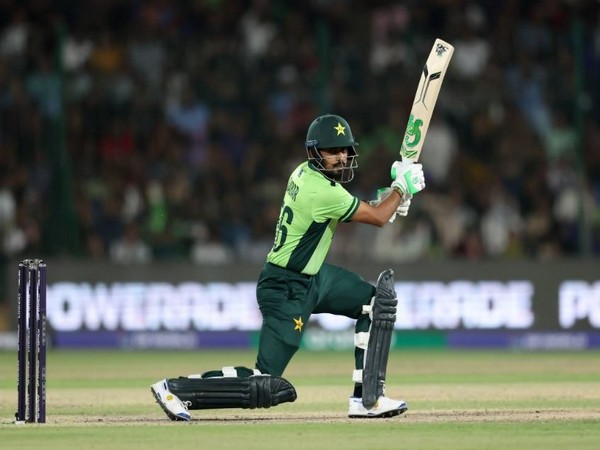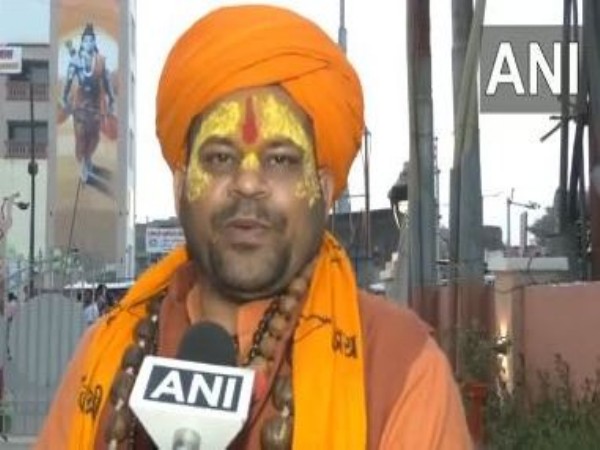
Brothers Home in Busan, January 1987 / Korea Times file Hundreds of adoptees still await answers By Jack Greenberg At least 31 children had been improperly sent overseas for adoption through the notorious Brothers Home in Busan, the Truth and Reconciliation Commission of Korea (TRC) confirmed in January. This finding was issued during the commission's 96th plenary session, marking the fourth decision related to Brothers Home and its affiliated facilities. Originally established as Brothers Infantorium in July 1960, the main facility was shut down in 1988 after its crimes were exposed.
Brothers Mental Sanatorium was allowed to keep operating until August 1992. Previous investigations by the commission revealed that, like other "social welfare corporations" across Korea, Brothers Home forcibly confined so-called vagrants under government directives. Facility staff, in collaboration with police and politicians, engaged in enforced disappearances, forced labor, violent assaults and other human rights violations, leading to numerous deaths.

This latest investigation identified 130 additional victims admitted to Brothers Home. For the first time, it also confirmed that the facility collaborated with other child care institutions to facilitate overseas adoptions. Reports by domestic and international media — including Pressian in 2017 and the Associated Press in 2019 — previously raised suspicions about Brothers Home’s involvement in adoptions.
The TRC had acknowledged this possibility in earlier findings, but can now verify the claims by corroborating testimonies with evidence provided by three adoption agencies, the Busan Child Rights Protection Centre and other child welfare organizations. In addition to identifying 31 overseas adoptees — including one applicant to the commission — the investigation confirmed the identities of 17 biological mothers. One case involved an adoptee known as Kim OO, born at Brothers Home.
Records show that Kim was transferred to an adoption agency just one month after birth and sent overseas three months later. A signed consent form was found in the name of Kim’s biological mother. However, the commission determined there was reasonable doubt about whether this consent was voluntary.
As an extrajudicial detainee under Ordinance No. 410 of the Ministry of the Interior (1975), Kim’s mother had no legal recourse for release and was effectively unable to care for her child within the oppressive conditions of Brothers Home. Further irregularities were identified in the overseas adoption process, particularly concerning the “Confirmation Notice for the Person Under Obligation to Support.
” Under the Special Adoption Act, enacted in 1977, public notices were required to verify consent and prevent children from being adopted while guardians were still searching for them. However, in cases involving Brothers Home, these notices were issued by a district office in Seoul rather than Busan — the region where the children had originally been taken. Additionally, the notices were often published after overseas adoption procedures had already begun, rendering them a mere formality rather than a meaningful safeguard.
The commission determined that this aspect of the Special Adoption Act had been carried out in bad faith, failing to serve its intended purpose. In September 2024, the TRC identified additional facilities where human rights violations similar to those at Brothers Home had occurred. Two of these facilities — Daegu Municipal Welfare Centre (officially known as Daegu Metropolitan City Hope Centre) and Cheonseongwon in South Chungcheong Province (which included Seongjiwon and Yangjiwon) — had coerced birth mothers into relinquishing their parental rights.
These group "rehabilitation" facilities claimed to provide care for adult vagrants with "psychiatric conditions" or "mental illness." However, staff often diagnosed these conditions preemptively based on unverified statements from the individuals themselves upon their committal. It was also confirmed that when a woman entered either facility while pregnant and gave birth there, her newborn was transferred to an adoption agency for overseas adoption within a day.
In these cases, the rapid transfer of infants suggests that the decision to place them for overseas adoption had been made before birth, a practice found to contravene the spirit of the Hague Convention on the Protection of Children. While the convention does not explicitly mention pre-birth adoption, several articles imply that adoption procedures cannot begin before a child is born. Initiating adoption processes before birth fundamentally undermines the child’s best interests, as it deprives the biological mother of the opportunity to give fully informed consent based on her post-birth circumstances.
The Hague Convention prioritizes keeping children within their birth families and country whenever possible. At Brothers Home, some mothers had submitted forms relinquishing their parental rights. However, these cases were often linked to the facility’s rushed determinations that the mothers were unfit to parent due to “histories of mental illness.
” The TRC found reasonable grounds to suspect coercion and uncovered staff records indicating that some mothers did not wish to relinquish their parental rights. Following its latest investigation into Brothers Home, the TRC recommended measures to locate missing persons, restore the identities of victims and reunite families separated by forced detention. It also urged the state to issue a formal apology and take steps to restore the victims' honor.
Previously, in its decision regarding facilities that confined adult vagrants, the TRC recommended that the state establish comprehensive restitution measures through special legislation. The proposed law would cover Brothers Home as well as other mass confinement institutions, such as the Seongam Academy in Ansan, Gyeonggi Province. Additionally, the commission advised that a system be institutionalized to continue investigating newly identified victims' cases even after its activities conclude.
It further called on the state to establish a structured process for providing rehabilitative support services to victims and disbursing compensation — eliminating the need for them to file individual petitions in court, which the state has appealed many a time. The 22nd National Assembly has yet to respond to the victims’ voices by enacting a Special Act on Group Detention Facilities, and official apologies have yet to be issued. An apology to the victims of Seongam Academy was scheduled for Dec.
4, but was postponed indefinitely due to Yoon Seok Yeol’s declaration of martial law the day before. Lee Sang-min, who was to deliver this apology in his capacity as minister of the interior and safety, resigned in the aftermath of the martial law fiasco. Despite the TRC's investigation into mass confinement facilities and confirmed cases of improper overseas adoptions, it has yet to conclude its probe into the hundreds of cases filed by adoptees sent abroad to 11 countries between 1960 and 1990.
These adoptions, carried out by government-authorized agencies, violated the adoptees' rights. Overseas adoptions began in South Korea in 1954 under President Syngman Rhee. Claimants allege they were adopted without their biological parents' consent, often due to exploitation, kidnapping or other crimes.
Many believe their documents were falsified, resulting in their classification as orphans. This has led to the loss or alteration of their original identity, violating their “right to know” under the U.N.
Convention on the Rights of the Child, which guarantees a child’s right to know their identity and family origins. Nayoung Jung (also known as Mary Bowers), whose case is included in the TRC’s ongoing investigation, voiced confidence in the investigation when speaking to The Korea Times, but expressed uncertainty about what will happen afterward. She hopes to see meaningful reparations for adoptees, their biological parents and adoptive parents who were unaware of the dark realities behind the overseas adoption process, as well as trauma and mental health support for all those affected.
Nayoung Jung, also known as Mary Bowers, in 2023 / Courtesy of Chewy Thomson The commission is expected to reach its conclusions in May, but there are still nearly 5,000 pending cases overall. Its activities are set to conclude in May unless the National Assembly extends its mandate. Yet another challenge is that the terms of the five standing commissioners are set to expire in April, requiring the nomination of new commissioners, which will depend on cooperation with the National Assembly.
Park Sun-young, the TRC's new chairwoman, tasked with lobbying lawmakers, is facing a frosty reception. Appointed by Yoon just days after the martial law declaration, she has been embroiled in multiple controversies since taking her position. She has been accused of ordering the removal of items from a press release, while also distributing her books — which praised a former dictator — to commission staff and promoting controversial views on social media.
Nevertheless, the ongoing investigations are crucial to fully understanding these violations, and their completion will mark an important step toward ensuring justice for the affected adoptees. As Jung expressed when interviewed, “Above all, I want my family to be free — whatever that looks like. But freedom isn’t possible when the truth is buried.
When we know where we stand and the truth is confirmed, we can begin to see the paths ahead. I’m not certain my biological parents ever had a choice. But knowing what happened — that opens choices.
And with one step, then another, we can move forward and find our way to somewhere new.” Read More False narrative links 'Squid Game' to notorious Brothers Home incident [INTERVIEW] Korean-born competitive eater delves into her mysterious US adoption story Jack Greenberg works as a consultant, researcher and freelance writer. His current focus is on heritage and conservation issues, historical memory debates, truth-seeking and reconciliation and civilian massacres of the 1950-53 Korean War.
He was the recipient of the Global Korea Scholarship and earned a master's in international studies at Korea University. He is also an alum of McGill University..











